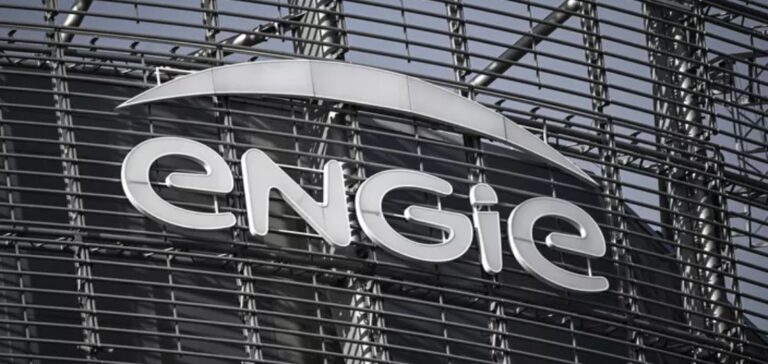Engie has announced its investment in Wase, a British start-up specializing in biogas technology. This partnership aims to significantly improve the efficiency of Engie’s methanizers, promising a 30% increase in biogas production. The electro-methanogenic reactor (EMR) technology developed by Wase optimizes the conversion of biowaste into biomethane.
Technological breakthrough for biomethane production
EMR, a technology piloted by Wase, represents a breakthrough in the production of biomethane from biowaste. Johann Boukhors, Director of Engie New Ventures, highlights the substantial environmental benefits, including an 80% reduction in greenhouse gas emissions compared with natural gas. This method also drastically reduces production time, increasing process efficiency tenfold.
Environmental and economic impact
The potential of this technology is not limited to the ecological aspect; it also makes previously unviable biogas production projects economically viable. According to Camille Bonenfant-Jeanneney of Gaz renouvelables Europe, this breakthrough could enable France to replace up to 20% of its historically Russian gas consumption with biomethane. Engie’s recent purchase of four methane plants near Bristol positions the group ideally to experiment with and benefit from this technology.
Stronger ambitions for Engie
Engie, which operates some thirty methanization plants in France, limits its biomass supply to agricultural and industrial waste, unlike other countries such as Germany. This constraint underlines the importance of investing in technologies that maximize the yield of available biomass. The financial commitment from Engie New Ventures, part of an £8.5 million financing round led by Extantia Capital, aims to provide Engie with significant biomethane production capacity by 2030.
With this investment in Wase, Engie is demonstrating its commitment to playing a growing role in Europe’s energy transition, aiming for biomethane production capacity of 10 TWh per year by 2030.






















